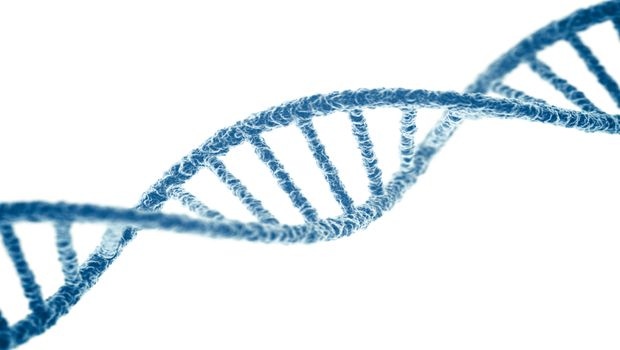The researcher’s declaration, filed Monday with federal judge John. W. Darrah, symbolizes the ongoing scientific debate on the proper role of DNA testing and whether New York Attorney General Eric Schneiderman’s one-year-old probe into store-brand herbal supplements was flawed or accurate.
February 3, 2016

In class-action litigation filed against Wal-mart and other retailers that is tied to an investigation of dietary supplements by New York Attorney General Eric Schneiderman, a representative of the New York Botanical Garden contested arguments that DNA testing was inappropriate to identify plant material in finished herbal products.
The researcher’s declaration, filed Monday with federal judge John. W. Darrah, symbolizes the ongoing scientific debate on the proper role of DNA testing and whether Schneiderman’s one-year-old probe into store-brand herbal supplements was flawed or accurate.
A year ago, Schneiderman announced findings through “DNA barcoding" that a number of dietary supplements sold by four national retailers failed to contain the labeled herbs and were tainted with house plant and other contaminants.
Industry representatives have argued the Attorney General’s reliance on DNA testing likely produced inaccurate results because DNA may become lost or degraded during the process of making an extract of an herb such as Ginkgo biloba and St. John’s Wort.
In the class-action litigation pending against NBTY, Target, Walgreens and Wal-mart, the parties intend to conduct tests through an independent lab to determine whether or not the herbal products contained the plant material.
Damon P. Little, Ph.D., Cullman associate curator of bioinformatics with the New York Botanical Garden, characterized retailers’ concerns regarding DNA testing as “exaggerated." Little said he reviewed the retailers’ documents relating to their manufacturing processes for the extracts that were used in their supplements.
“Based on the documents I have reviewed, as well as my education, training and experience in the detection and identification of DNA, including plant DNA contained in supplements, the manufacturing processes used by the defendants, including the specific solvents used in the extraction process would likely not have eliminated or degraded DNA to the point that no DNA would be retrievable from a finished supplement," Little declared in court papers.
Little said he has published several peer-reviewed papers on DNA barcoding, including three articles related to DNA barcoding that he performed on herbal supplements. Little analyzed the herbs black cohosh, saw palmetto and Ginkgo biloba. He said he personally achieved “a 90-percent or higher success rate, extracting DNA from herbal supplements made with extracts."
“The chemical-based tests used by the defendants cannot conclusively validate the contents of the herbal supplements, since the materials tested for can be found in numerous other plants, and are also synthetically made," declared Little, who referenced peer-reviewed research that he said showed defendants’ tests “are not a sufficient means to validate the contents of herbal supplements."
Little said the plaintiffs’ lawyers asked him to oversee DNA testing in the case through a third-party lab.
“While I understand those tests have been halted by the Court, if allowed to proceed, I will supervise the lab to ensure that the testing protocol I designed is being followed," he said.
The plaintiffs recommended in a separate court filing that Darrah appoint a “special master" to oversee all the plaintiffs’ and defendants’ tests.
The retailers advised the court that they have performed “substantial testing" to confirm the identity of their products using methodologies that have been accepted by the United States Pharmacopeia Convention (USP), European Pharmacopeia Reference Standards, American Herbal Pharmacopeia and AOAC International. Defendants also advised the plaintiffs “they were willing to pay for even more identity testing on their products, so long as it was performed by a recognized independent laboratory, consistent with officially recognized standards," according to the defendants’ Jan. 29 court filing.
But plaintiffs have insisted on DNA testing and “appear unwilling" to accept the retailers’ tests “or explain why these results should be ignored," the filing declared.
“It has been nearly a year since plaintiffs publicly accused defendants of selling adulterated products, and plaintiffs are only now planning to run the DNA tests that will supposedly substantiate their claims," the retailers noted.
DNA testing isn’t applicable to testing the extracts and herbal products in the lawsuit, according to the defense.
“Among other things, the extraction and manufacturing process to create extracts removes, destroys and degrades the DNA," the filing declared. “As a result, a ‘negative’ result (i.e., a finding that no amplifiable DNA was present), does not indicate that the phytochemicals listed on the label were not extracted from the plant."
The parties were expected to discuss the testing issues during a Feb. 2 status conference. A number of lawyers in the case either declined to comment or didn’t immediately respond to INSIDER’s requests for an update.
You May Also Like




.png?width=800&auto=webp&quality=80&disable=upscale)